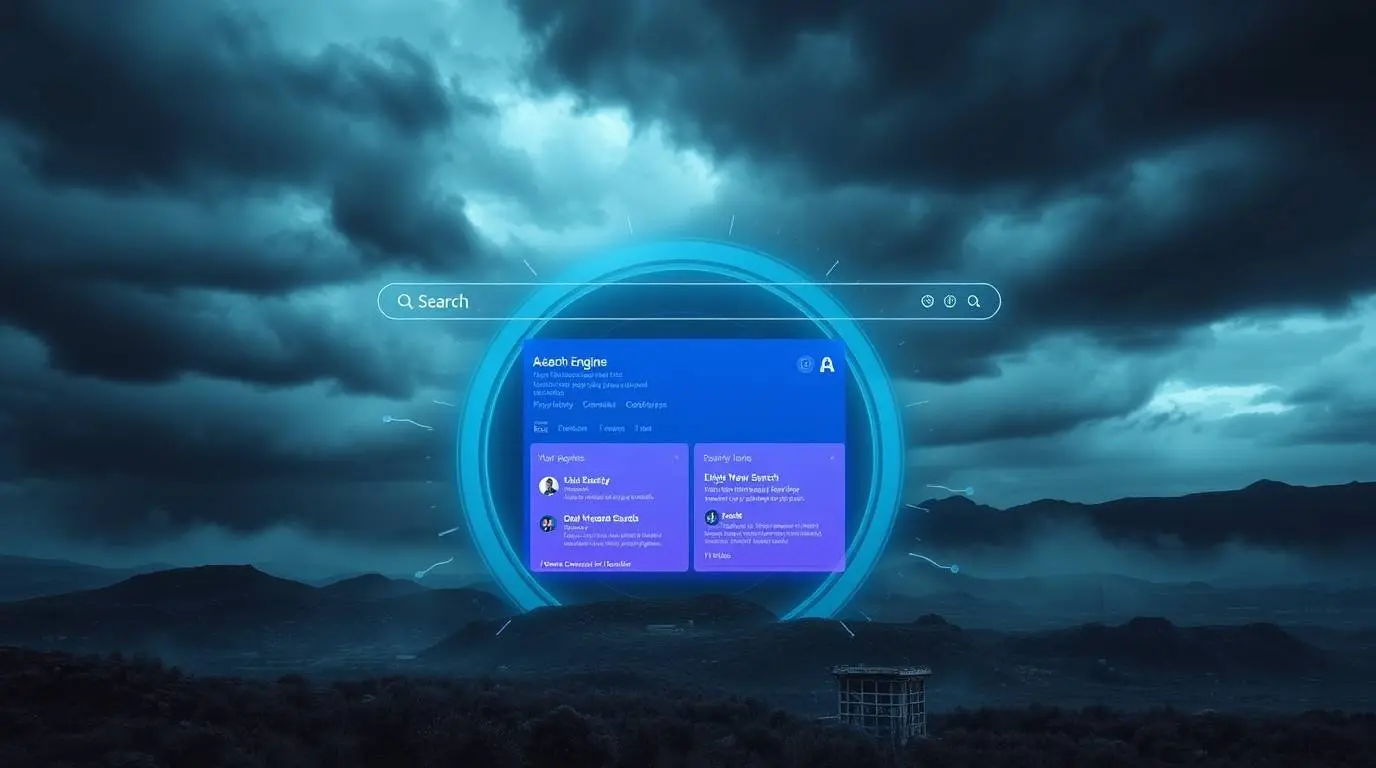Introduction
For over two decades, Google has dominated the internet search landscape, becoming the go-to platform for finding information. However, with the rise of AI-powered search engines, a major shift may be on the horizon. AI-driven search engines claim to offer more accurate, intuitive, and efficient results. But can they truly replace Google in 2025? Let’s explore how AI search engines are changing the way we access information and whether they have the potential to dethrone the search giant.
The Rise of AI-Powered Search Engines
AI search engines leverage advanced algorithms, natural language processing, and machine learning to provide users with more contextually relevant and precise results. Unlike traditional search engines that rely on keyword-based indexing, AI search platforms understand queries in a more human-like manner.
Some of the leading AI-powered search engines include:
- Perplexity AI – A conversational search engine that provides detailed, real-time answers.
- ChatGPT Search – AI-assisted search with deep-learning-driven summaries.
- You.com – A personalized AI search engine that prioritizes user preferences.
- Neeva AI – An ad-free, subscription-based AI search engine with refined results.
These AI-driven platforms aim to streamline information discovery by eliminating irrelevant links, summarizing key insights, and providing direct answers rather than making users sift through multiple web pages.
How AI Search Engines Differ from Google
1. Conversational and Contextual Understanding
Google relies heavily on keyword-based indexing, whereas AI search engines interpret queries conversationally, making them more intuitive and context-aware. This means users can phrase questions naturally and receive direct, well-structured answers instead of a list of links.
2. Fewer Ads and Sponsored Results
Google's business model relies on advertising, often prioritizing sponsored content over organic results. Many AI search engines, such as Neeva, aim to eliminate ads, ensuring unbiased and user-focused results.
3. AI-Generated Summaries
AI-powered search engines provide summarized responses rather than directing users to multiple sources. For example, instead of linking to ten different articles about the latest advancements in AI, an AI search engine can generate a comprehensive summary from trusted sources.
4. Real-Time Learning and Adaptation
AI search engines continuously learn from user interactions, improving their accuracy over time. Google also employs AI in its ranking algorithms, but AI-specific search platforms are built entirely around this technology.
Potential Challenges for AI Search Engines
While AI-driven search engines present significant advancements, they face several obstacles in replacing Google entirely:
1. Trust and Reliability
Google has spent years refining its algorithms and combating misinformation. AI-generated summaries, while efficient, may sometimes hallucinate or provide inaccurate information, leading to credibility concerns.
2. Data Privacy and Security
AI search engines collect vast amounts of data to personalize results. This raises concerns about privacy and potential misuse of personal information, an issue that Google has also faced but continues to regulate.
3. User Habit and Brand Loyalty
With billions of users accustomed to Google’s ecosystem (Google Search, Gmail, YouTube, and Chrome), shifting to a new AI search engine may take time. Many people trust Google’s ranking system, making the transition to AI-based platforms slower.
4. Monetization and Business Model
Google’s advertising revenue sustains its search services, whereas AI search engines need alternative business models, such as subscriptions or premium features, which may limit mass adoption.
Can AI Search Engines Replace Google in 2025?
While AI-powered search engines offer exciting innovations, they are unlikely to replace Google entirely in 2025. However, they will challenge Google’s dominance by improving search accuracy, reducing ads, and enhancing user experience. Google itself is heavily investing in AI-driven search improvements, such as Google Bard and AI-enhanced Search Generative Experience (SGE), indicating that AI-powered search is the future—whether led by Google or emerging competitors.
Conclusion
AI-powered search engines are reshaping how we discover information, offering smarter, more personalized experiences. While they might not replace Google overnight, they will significantly influence the future of search. As AI technology evolves, the battle for search engine supremacy will intensify, ultimately benefiting users with faster, more relevant, and ad-free search experiences. The real question isn’t whether AI search engines will replace Google, but rather how search itself will evolve in the coming years.




Can AI-Powered Search Engines Replace Google in 2025?